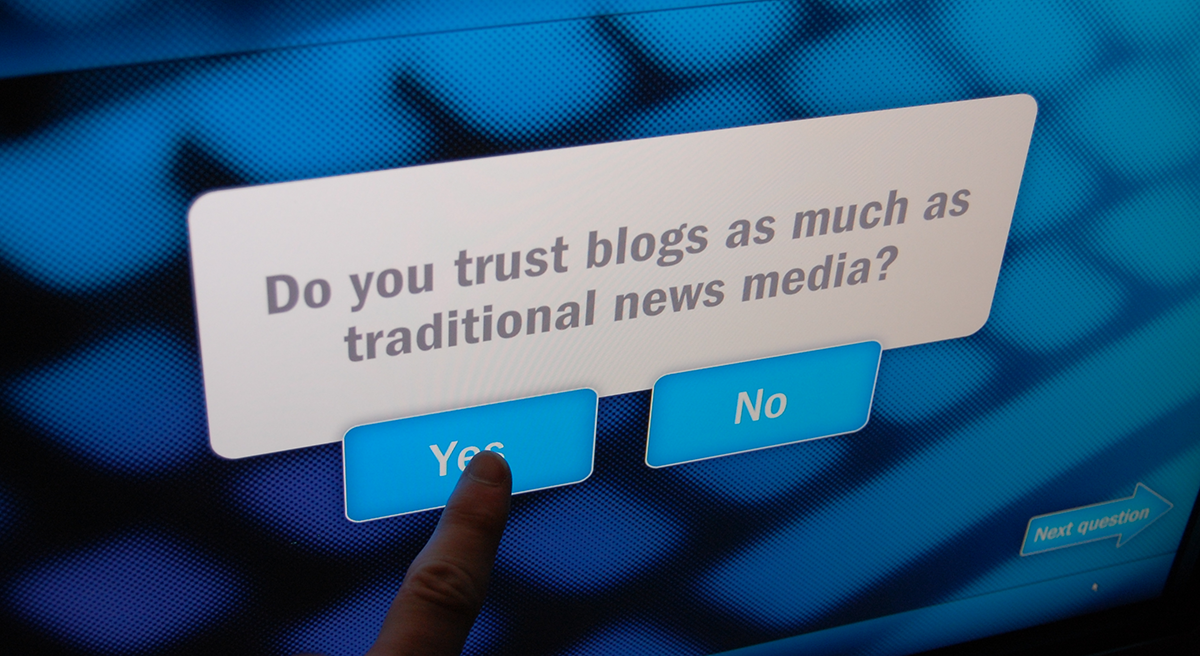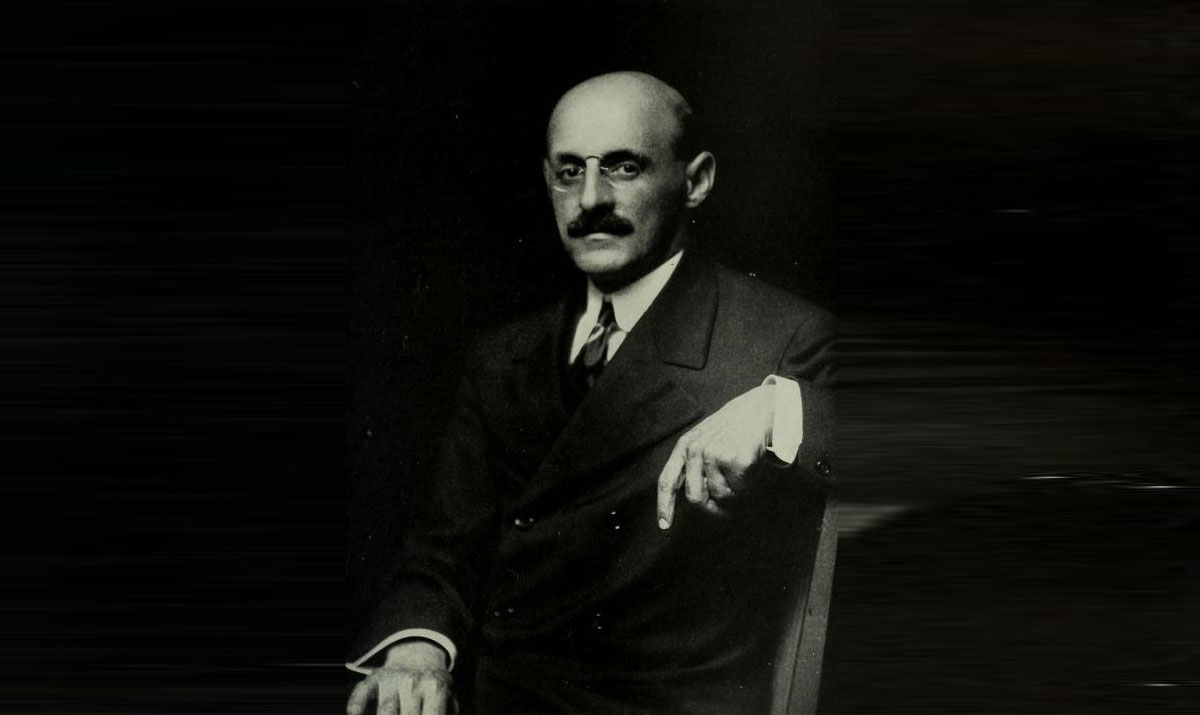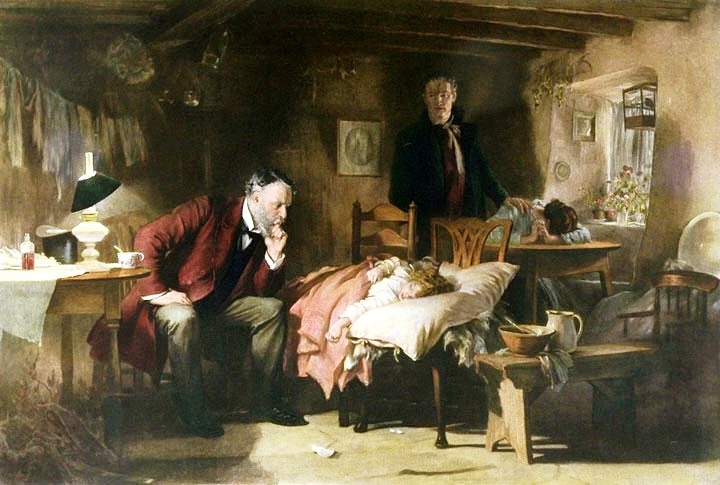The Institute of Medicine’s 2009 report on Conflict of Interest in Medical Research, Education, and Practice aims to encourage institutions to develop conflict of interest (COI) policies to safeguard against circumstances in which individual members of the institution, or the institution itself, could risk neglecting primary professional interests (e.g., the welfare of patients or the integrity of medical research) in favor of secondary interests, such as financial gain.
As the IOM correctly notes, the means by which COI leads to a failure of professional responsibility is through bias, conscious or unconscious. Conflict of interest policies, then, are codes of conducts erected to prevent bias from unduly influencing one’s professional actions.
I have no objection to the aim of the report or to the way in which the IOM defines COI (p. 46). But given that the overwhelming bulk of the document’s analysis and recommendations serve to specifically guard against conflicts of interest arising from financial relationships and, furthermore, from financial relationships with commercial rather than non-commercial entities, it is worth examining whether this emphasis does not itself reveal a bias or prejudice against private enterprise.Continue reading “The Institute of Medicine and the doctrine of perpetual conflict.”









